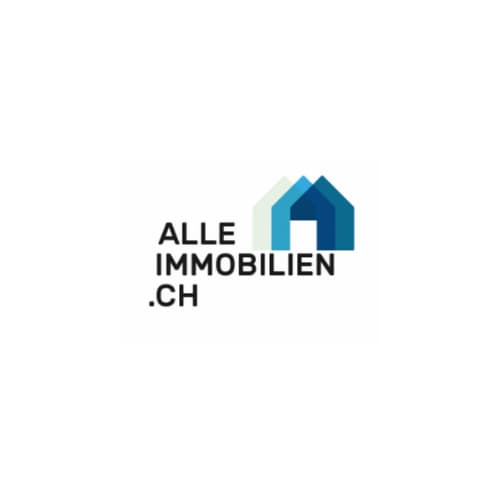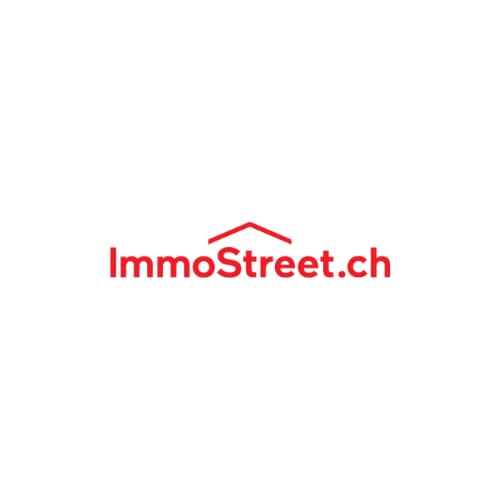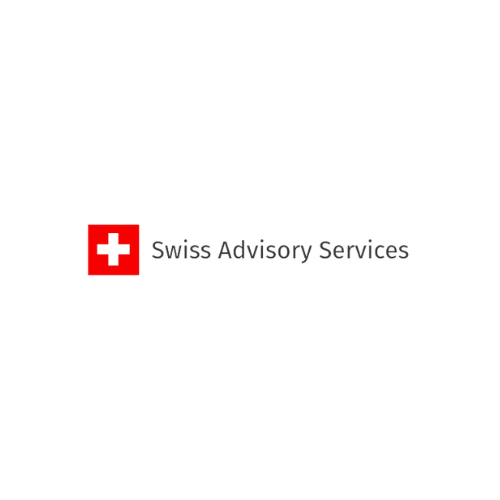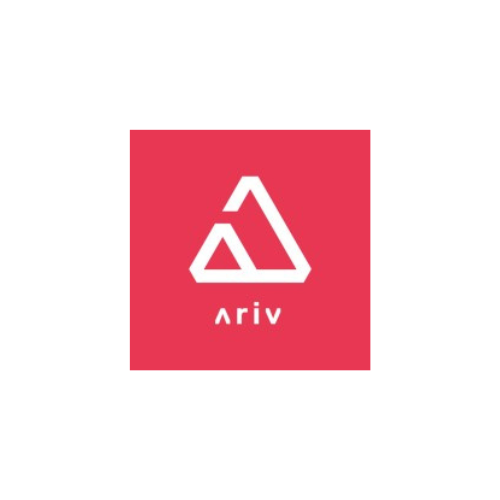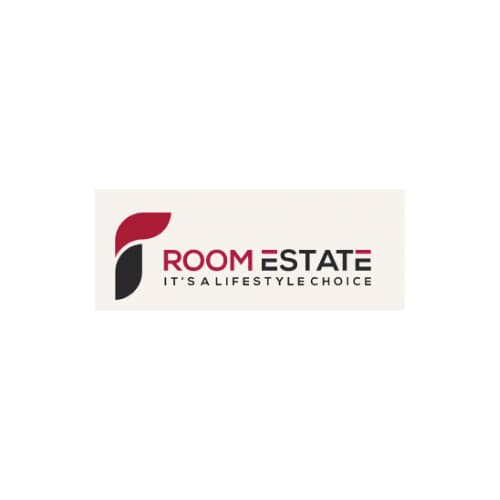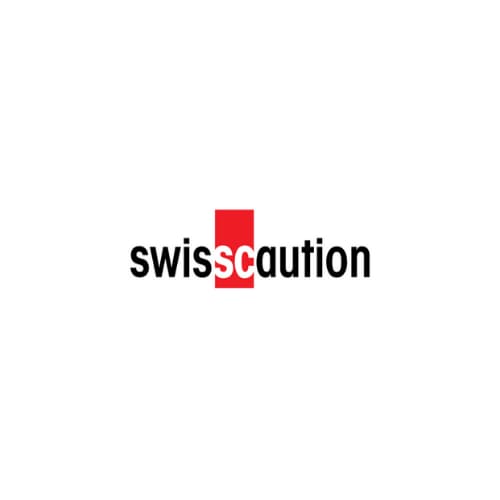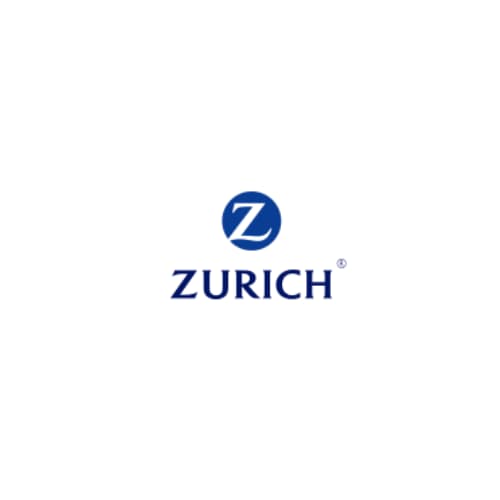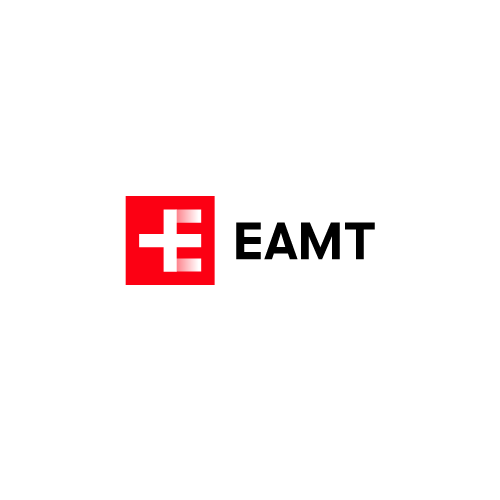
Living quarters in Switzerland are in line with the country’s reputation for being highly developed, and generally housing is pricey and the competition stiff, even by European standards.
Types of living quarters in Switzerland
Apartments are the most common type of living quarters in Switzerland, in cities like Geneva or Zurich as well as smaller towns. Freestanding houses are available but are usually expensive or outside urban areas.
Renting property in Switzerland
Most residents rent their homes, which limits the number of available properties and drives prices up. It helps to negotiate a housing provision into the employment contract if possible.
Finding a property
Online property portals, local newspapers and real estate agent brochures are good places to start looking for somewhere to rent or buy. Budget-conscious expats may want to use the internet to look for house sharing and sub-letting options.
Applying to rent
Expats need to act fast after they find a suitable property. An appointment is arranged to view the apartment and if the apartment fulfills the needs, an application form is completed. Prospective tenants need to provide a lot of information including proof of employment, identification, finances, and a debt extract. There may be extra requirements, like needing a Swiss guarantor.
Information can include a certificate that proves that the applicant isn’t facing legal proceedings for unpaid debts (Auszug aus dem Betreibungsregister/extrait du Registre des poursuites), which can be applied for at a local debt collection office (Betreibungsamt/Office des poursuites).
Applicants usually hear back from the landlord or their agent within a month, and if they haven’t heard back, they can follow up. Unsuccessful applicants aren’t always contacted.
Signing the lease
After an application is accepted, a handover day is arranged where the tenant usually signs an ongoing lease. This also gives them an opportunity to inspect the property and do an inventory.
Tenants usually pay the first month’s rent upfront and up to three months’ rent as a security deposit (see rental deposit insurance below), and are responsible for their own utilities.
In most cases, tenants have to give between one and three month’s notice if they want to terminate the lease. In some parts of the country, tenancy can only start and end on certain days.
Utilities
Registration: Tenants normally register for electricity, gas and water at the local company (städtische Werke). In some cases, the landlord will do the registration.
Electricity, gas and water are either billed separately or together. The calculation is normally done every quarter, with meters being read every six months. During the first quarter, bills are issued on estimated usage.
Water: Water costs are either determined individually depending on usage and the charges are levied with the rent. Water in Switzerland is generally hard, but there are a number of filter systems available to reduce or eliminate the calcium (Kalk) that builds up on heating elements and in pots and pans.
Electricity: In Switzerland, the current comes out of the socket at 220 volts and 50 Hz AC. Note that there are three different types of plugs in use with 2, 3 or 5 contacts. Therefore adapters might be needed.
Heating: Most apartments in Switzerland have central heating (Zentralheizung/chauffage central). The heating is normally turned off in warmer months. Heating costs are calculated as part of the rent.
Garbage disposal: In many Swiss regions you have to dispose your garbage in special ‘official’ garbage bags that are sold at CHF 2-6 per unit. If you dispose your garbage in a normal bag, the ‘garbage detective’ will find you and you will have to pay a penalty of some CHF 100. In some areas, special stickers replace the need for special garbage bags.
Garbage separation: Due to increasing concern for the environment, it is common in Switzerland to sort garbage into different types for recycling, instead of disposing it all together in a garbage bag. Separation is followed strictly by the Swiss and it can often be enforced by law. Garbage is separated as old paper, cardboard, glass bottles, plastic bottles, cans, etc.
Chemicals: Garbage with chemicals and poisons (i.e. batteries, motor oil, etc.) is not allowed to be disposed with the normal garbage. There are special depots for this kind of garbage in Switzerland.
Old furniture and large electrical goods are classified as Sperrmüll (bulky waste) and are picked up by your local garbage disposal firm on special dates.
Old shoes and clothes can often be disposed of in large containers in towns and cities across Switzerland. Several times a year the Red Cross and other organizations call on citizens to dispose of their old clothes and donate them to charity and provide plastic bags to fill and put by the road.

